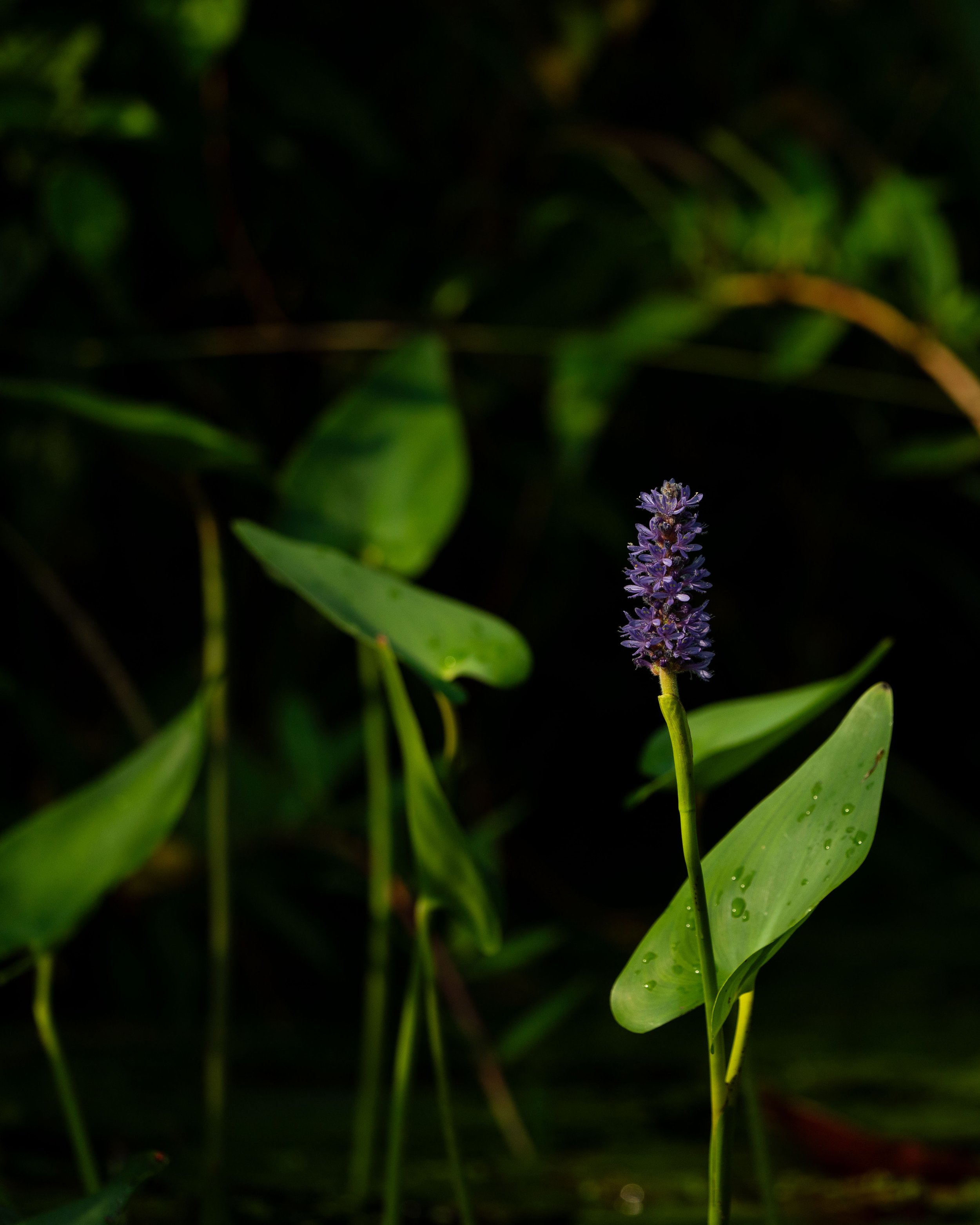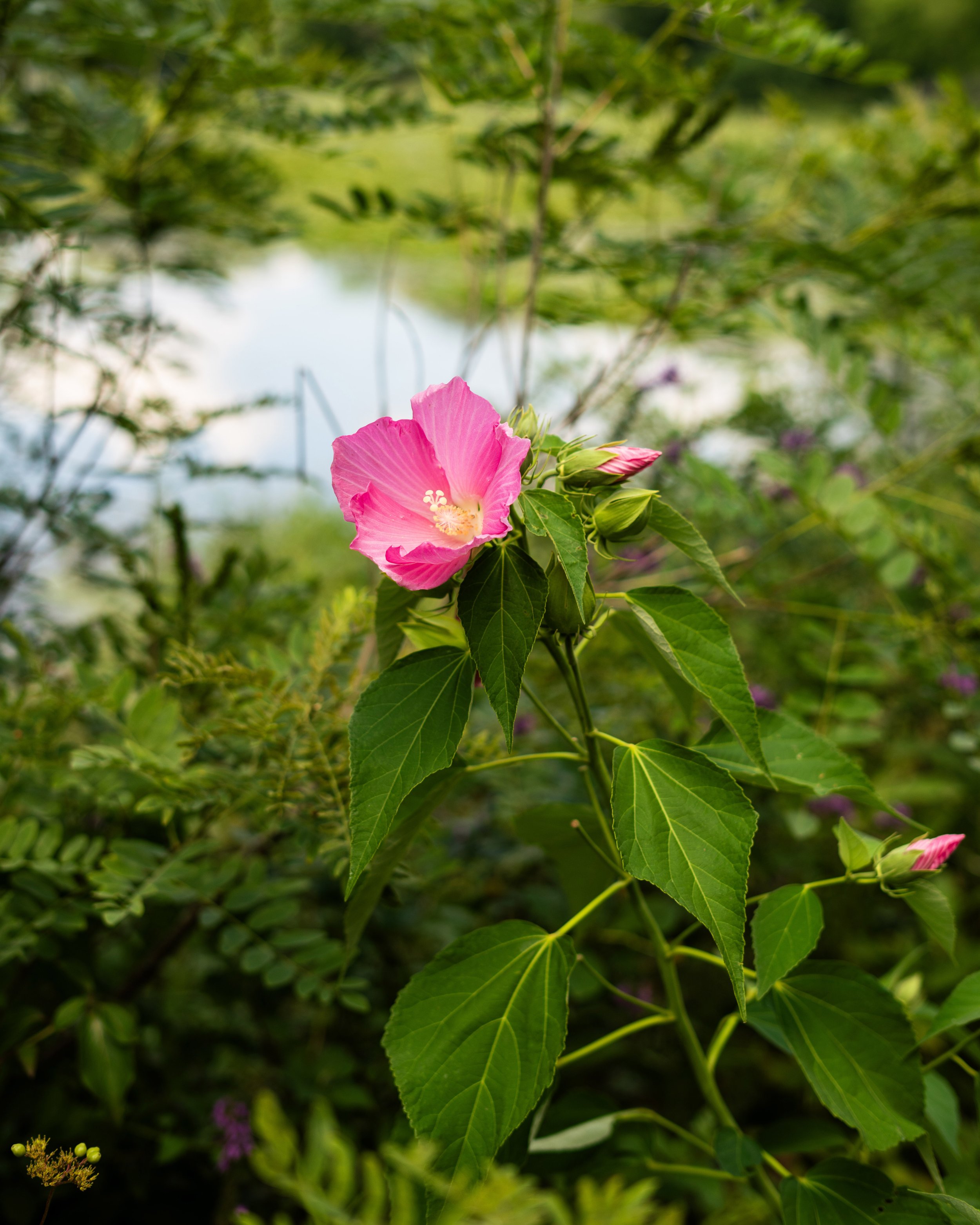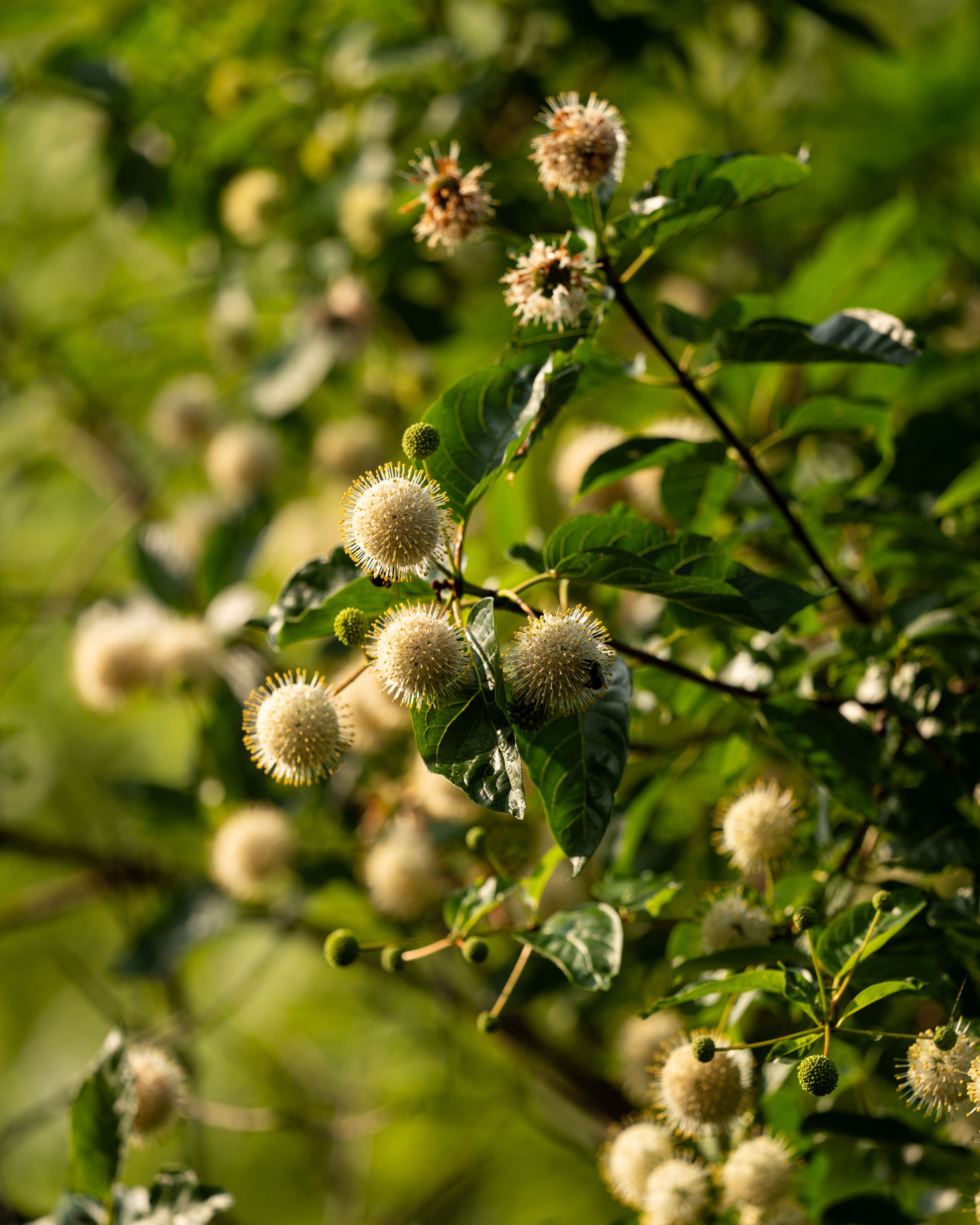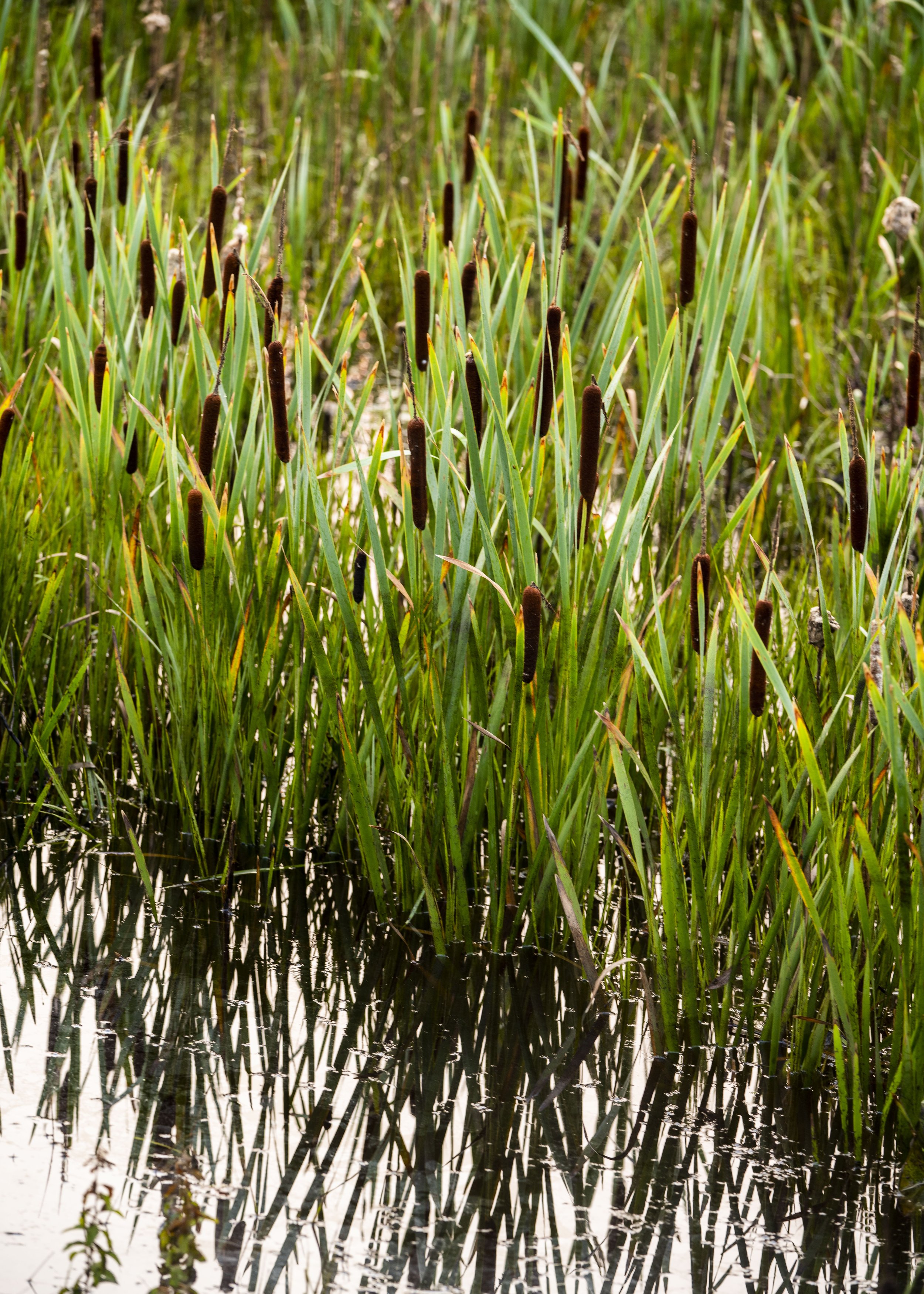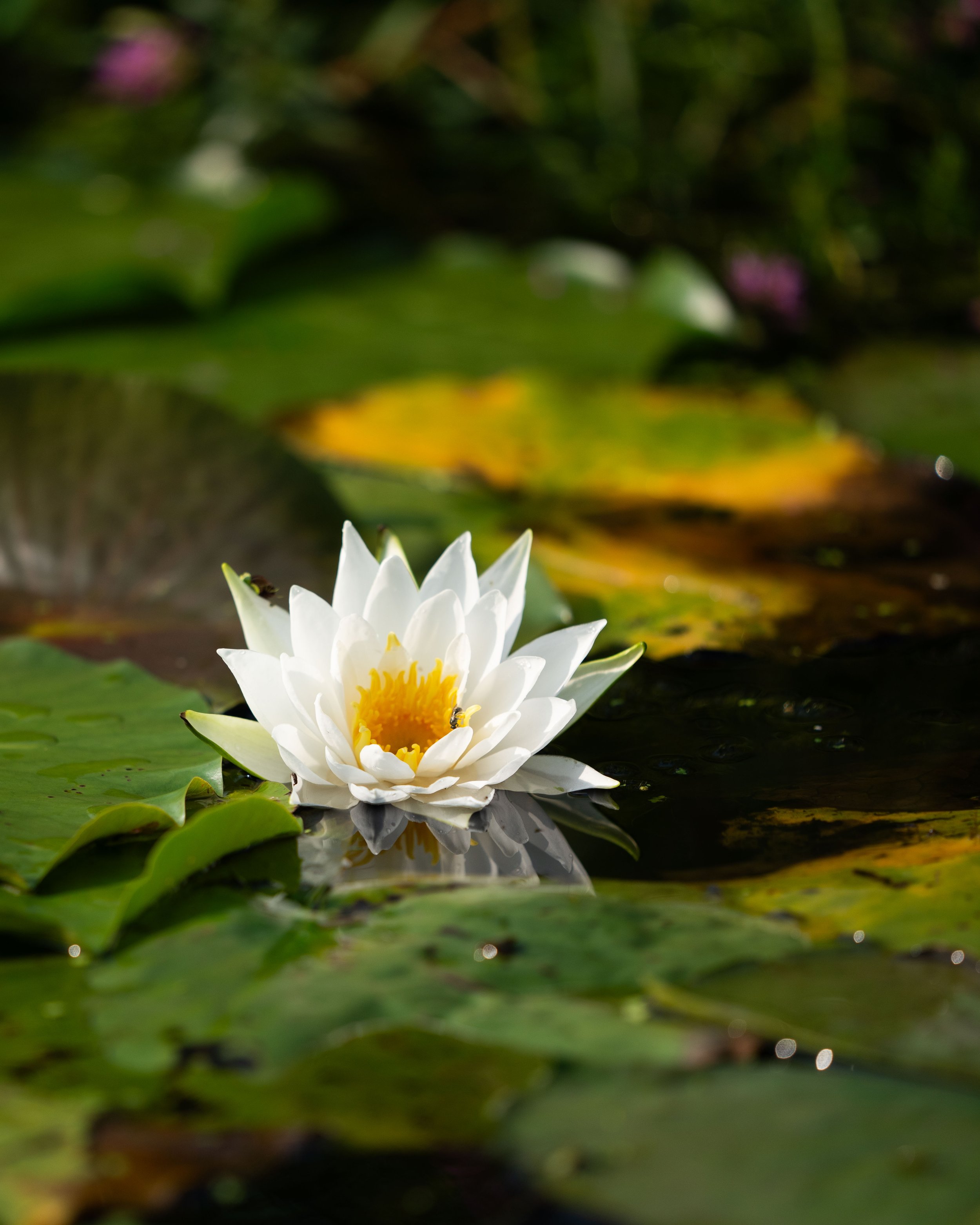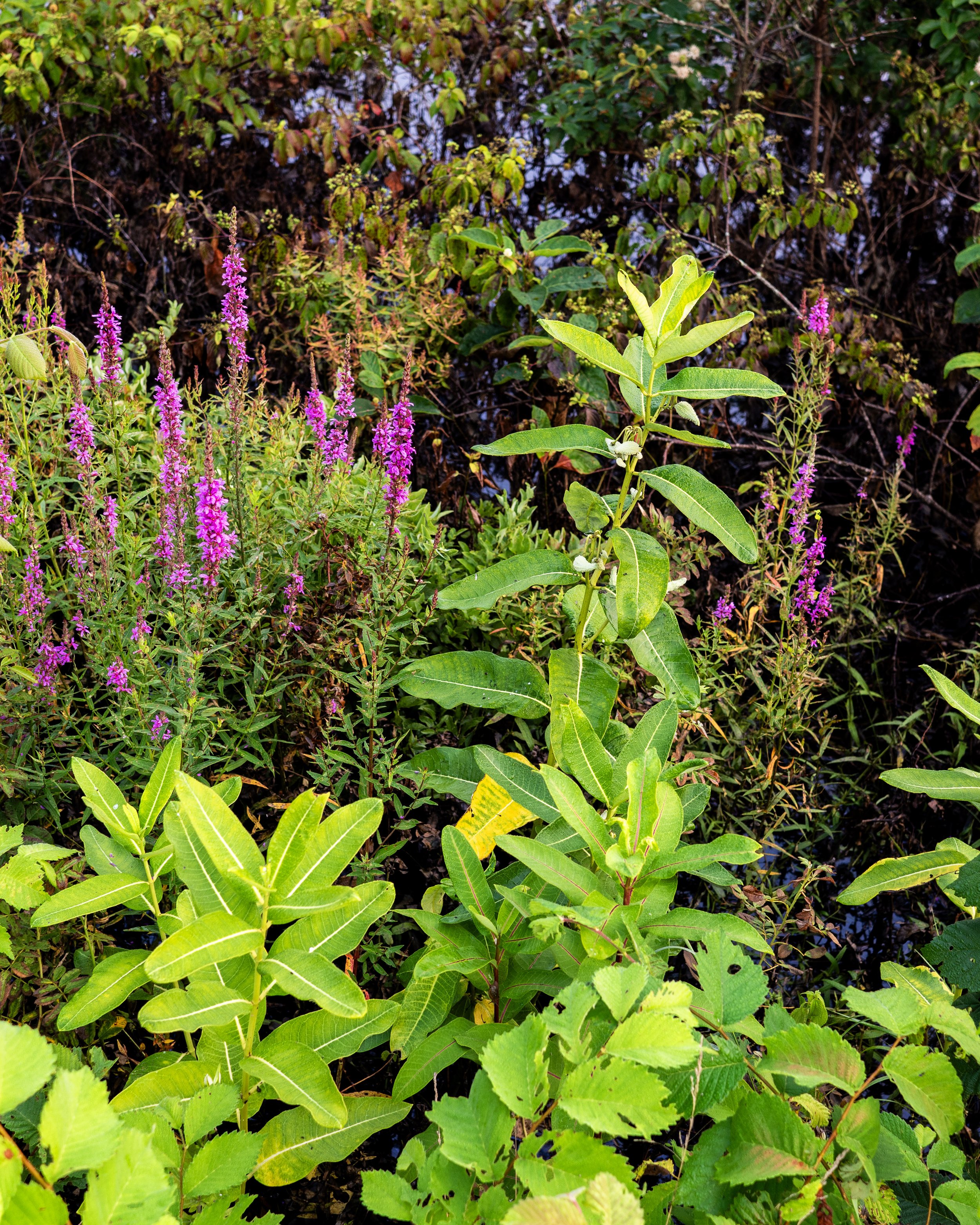Wetlands Abloom, and Exciting News for Preserving Biodiversity
Did you know wetlands hold over 40% of the world's biodiversity? At this point in the summer, our watershed's wetlands are awash with life––filled with lush greenery, blooms, and birdsong. Let's meet a few of our favorite flowering wetland plants that provide essential habitat:
🌱 Pickerelweed, Pontederia cordata
🌱 Rose Mallow, Hibiscus palustris
🌱 Buttonbush, Cephalanthus occidentalis
🌱 Cattails, Typha latifolia
🌱 Fragrant Waterlily, Nymphae odorata
🌱 Swamp Milkweed, Asclepias incarnata
The benefits of preserving #wetlands cannot be overstated—vital for healthy ecosystems, wildlife habitat, clean water, and recreation, these cherished natural spaces also build #climate resilience by storing floodwaters. Unfortunately, wetlands face many of the same challenges as the rest of our watershed–– invasive species growth, stormwater pollution, and poorly planned development––which degrade ecosystem health and make our watershed more vulnerable to climate impacts.
Just this week, Governor Maura Healey announced new ambitious biodiversity conservation targets––a step we applaud that will help protect and restore essential habitats like these.
"Charles River Watershed Association is thrilled that the Healey-Driscoll Administration is setting much-needed and ambitious biodiversity conservation targets and strategies. Healthy, biodiverse ecosystems are vital for all life––protecting and restoring threatened habitats, rewilding lands, and restoring rivers and streams will have innumerable positive impacts on not only threatened species but also our state's resilience to climate impacts. As climate impacts and pollution continue to threaten biodiversity in the Charles River––swift actions to restore our watershed's natural resilience with wetland restoration, dam removal, and invasive plant species control is critical. We look forward to working together with the Healey-Driscoll Administration to protect biodiversity right here in the Charles River watershed, where over 1 million people live and recreate" said Jennifer Ryan, Deputy Director for Advocacy.


